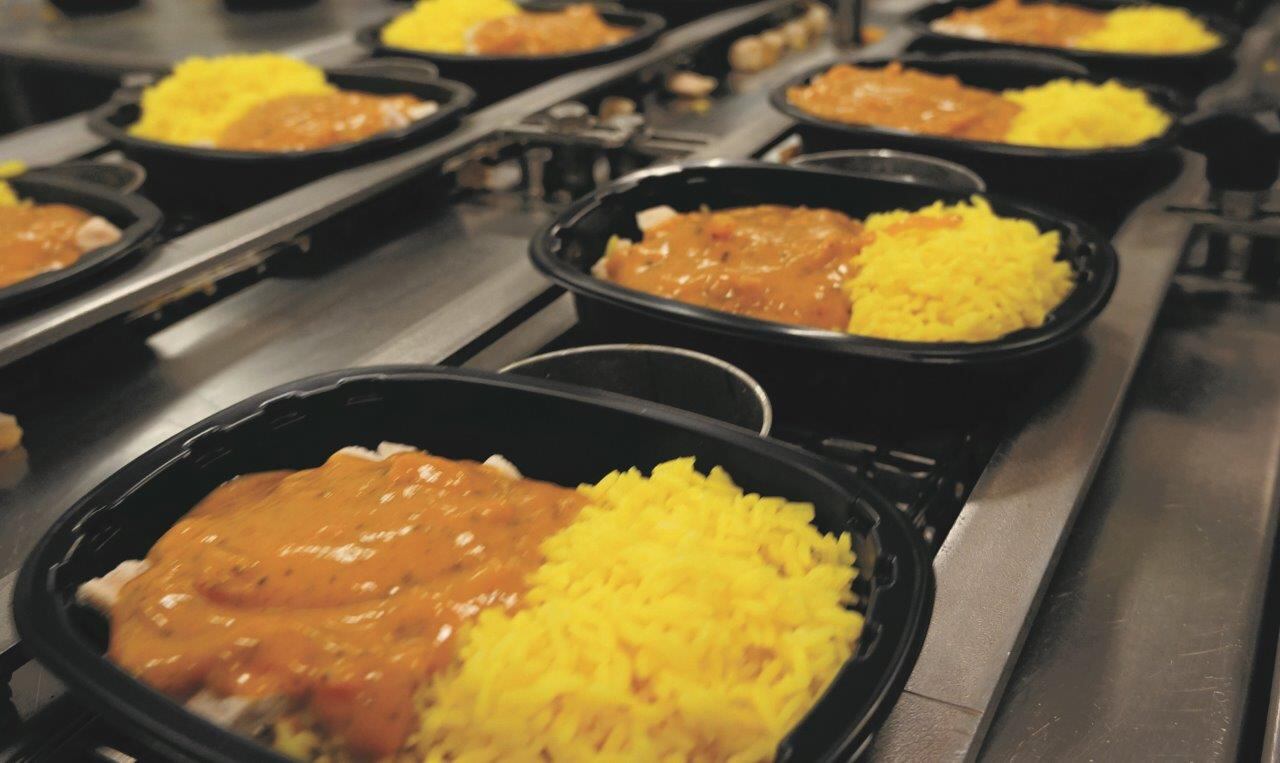While the group saw retail revenue grow 10.3% compared to last year (£1.6bn from £1.46bn), earnings before interest, tax, depreciation and amortisation were down 27.2% to £43.3m.
This was further impacted by depreciation and impairment costs of £235.1m, the bulk of which was attributed to the £111.8m of costs including the write-off of assets lost in the Andover fire – offset by £23.8m of insurance proceeds recognised to date.
Strong momentum
However, chief executive officer Tim Steiner said the results showed a strong momentum in the business, despite the impact of the Andover fire, and said the underlying performance of Ocado Retail and the successful growth of Ocado Solutions were very encouraging.
“Our progress over the last 12 months – which includes signing our eighth and ninth Solutions clients, Coles in Australia and Aeon in Japan, and successfully maintaining strong growth post-Andover – has demonstrated many of Ocado Group’s most important characteristics: resilience, innovation, focus and execution,” he continued.
“It is these qualities that will enable us to continue to develop the Ocado Smart Platform to meet the evolving needs of our partners at the cutting-edge of online grocery retail.”
International expansion
Last year also saw Ocado branch out internationally, offering its services to support Canadian retailer Sobeys’ and French retailer Groupe Casino’s own robotic customer fulfilment centres. February last year also saw the online retailer enter into a 50/50 joint venture with Marks & Spencer (M&S).
Steiner added: “The landscape of grocery retailing globally is changing. We are excited to be able to play a leadership role through Ocado Retail, our joint venture with M&S, and through our Solutions partnerships, as we fulfil our mission of ‘changing the way the world shops’.”
Meanwhile, meat processor Tulip reported a loss of £73.9m for the year ended 30 September 2019, as the business started on its road to recovery for the full year 2020.




